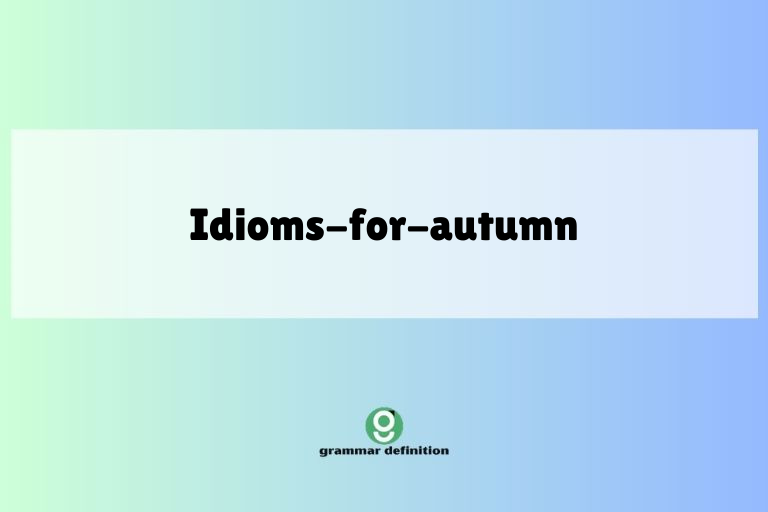Mastering the Semicolon: Definition, Usage, and Examples
The semicolon, a punctuation mark often overlooked, plays a crucial role in enhancing the clarity and flow of written English. Understanding its proper usage can significantly improve your writing skills, allowing you to create more complex and nuanced sentences. This article provides a comprehensive guide to the semicolon, covering its definition, structural breakdown, various types, … Read more










